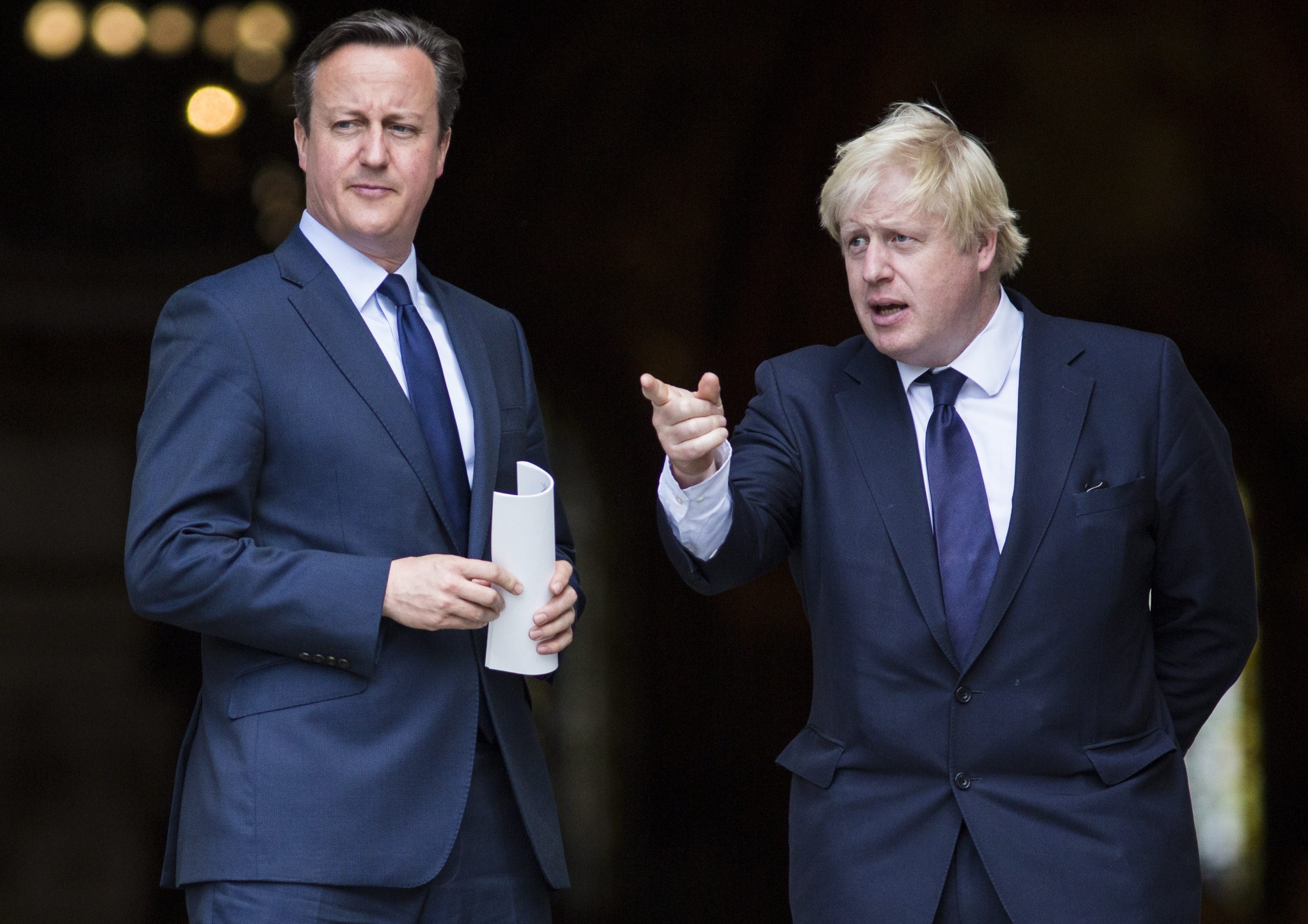
“Only the dead,” George Santayana once wrote, “have seen the end of war.”
While the bulk of the Labour party is focused on winning the referendum, the brief suspension in the regular cut and thrust of politics will come to an abrupt halt the morning after.
The leadership is keen to avoid the repeat of the frequent “summer crises” that beset Ed Miliband, whose operation tended to neglect the long summer months, leading to discontent and grumbles.
The message over the summer will be that the Conservatives are “too divided to rule”. Even if a Brexit vote is averted, Labour strategists have noted with glee that over the past weeks, a series of Cabinet ministers have rubbished everything from George Osborne’s ability to hit his targets to Boris Johnson’s fitness for office.
Labour is already anticipating inflicting Commons defeats over the attempt to sell-off the Land Registry. The new intake – largely elected in seats formerly held by Liberal Democrats – have been more independent-minded even that the exceptionally rebellious 2010 class of Tory MPs, and that mutinous behavior will only be intensified by the sense that David Cameron is a Prime Minister past his sell-by date. (A further complication is that Cameron’s reluctance to reshuffle means that his capacity to hand out baubles and win new allies would be limited even if he hadn’t preannounced his departure.)
The Labour leadership anticipates being able to leverage that – the government only has a majority of 12 – into further influence on government policy, at least while Cameron remains in office.
In the event of a Brexit vote, Labour’s position – with the Conservative party likely to remain split – in the negotiations of what Britain’s exit from the European Union will look like, is likely to be stronger, the leadership believes. Cameron’s successor will be more reliant on the Ulster Unionists and the Labour party to get its business through, particularly as the expectation is that Cameron’s pro-Brexit replacement will spend much of their time explaining the gap between Vote Leave’s promises and the realities of Brexit.
As for Corbyn’s own position, the expectation is that while what the leadership regards as the usual suspects – both in the PLP and the press – will make noises about a coup, there is no appetite for in within the bulk of the parliamentary party, let alone the membership. As one member of the Shadow Cabinet and no ally of Corbyn remarked: “The idea that [if we vote Leave] members will say it’s time for change is madness. He’d win for sure. I’d have to bloody nominate him.”





